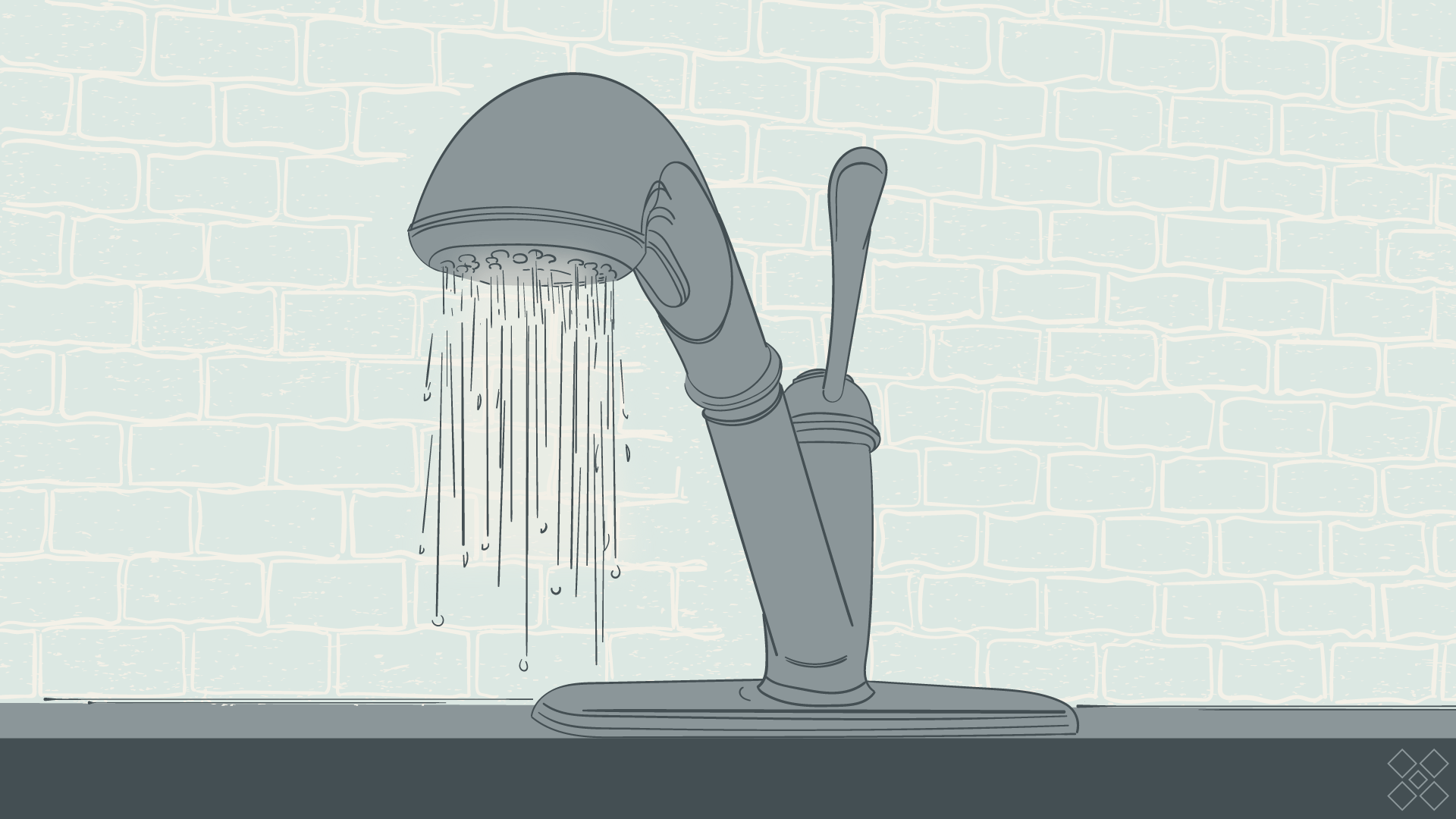
A panel of federal appeals court judges said last week that a group of Cleveland Water customers can move forward with a class-action lawsuit over the city’s bill-collection practices.
The long-running case alleges that Cleveland disproportionately hurt Black customers when it placed liens on properties over past-due water bills. The liens add the cost of the unpaid water balance to a homeowner’s property tax bill.
The NAACP Legal Defense Fund brought the case in 2019 on behalf of a group of customers.
U.S. District Judge Solomon Oliver had granted the customers’ request to be recognized as a class for a class-action suit. The city contested that decision before a three-judge panel of the 6th U.S. Circuit Court of Appeals.
The circuit judges upheld Oliver’s order, recognizing a class of at least 943 Black customers in Cuyahoga County who had been assessed liens for Cleveland Water bills. Drawing on the findings of a plaintiffs’ expert report, the judges wrote that 68% of Cleveland’s water liens were found in Black neighborhoods in the county.
Cleveland provides water to 1.5 million customers in most of Cuyahoga County and parts of the surrounding counties. In 2019, City Hall described water liens as a “last resort,” assessed for bills that had been delinquent for 180 days and totaled at least $300.
Cleveland Water bills and fair housing
A key piece of the legal fight is the customers’ claim that Cleveland’s water liens violate the Fair Housing Act. In a court filing, the customers’ attorneys described the city’s water liens as a “draconian policy” that puts properties at greater risk of foreclosure.
“Assessing water debt as a lien has devastating ramifications, as homeowners with water liens on their property are more likely to experience foreclosures and losses of their homes than those without liens,” they said in the filing.
But Cleveland argued that only a small percentage of properties with water liens end up in foreclosure. The city does not collect demographic data on its customers, nor does it target liens toward Black neighborhoods, the city’s attorneys wrote in their appeal.
“A lien is not an eviction notice,” the city’s appeal read. “It doesn’t lock the door or turn off the lights. Liens merely make it more likely that municipal utilities, like Cleveland Water, can eventually recover amounts owed for their services by attaching a security interest to the serviced property.”
The circuit judges did not weigh in on whether the liens infringed on customers’ housing rights.
Judge Eric L. Clay, a Bill Clinton appointee, wrote the opinion. He was joined by Judges Julia Smith Gibbons and Richard Allen Griffin, both appointed by George W. Bush.
A spokesperson for Cleveland Water declined to comment on the decision. A news release from the Legal Defense Fund quoted plaintiff Albert Pickett Jr. celebrating the ruling.
“You can’t live your life without clean water,” he said. “We’ve been fighting against the City of Cleveland’s unfair water billing policies for years and are happy the case is moving forward.”



